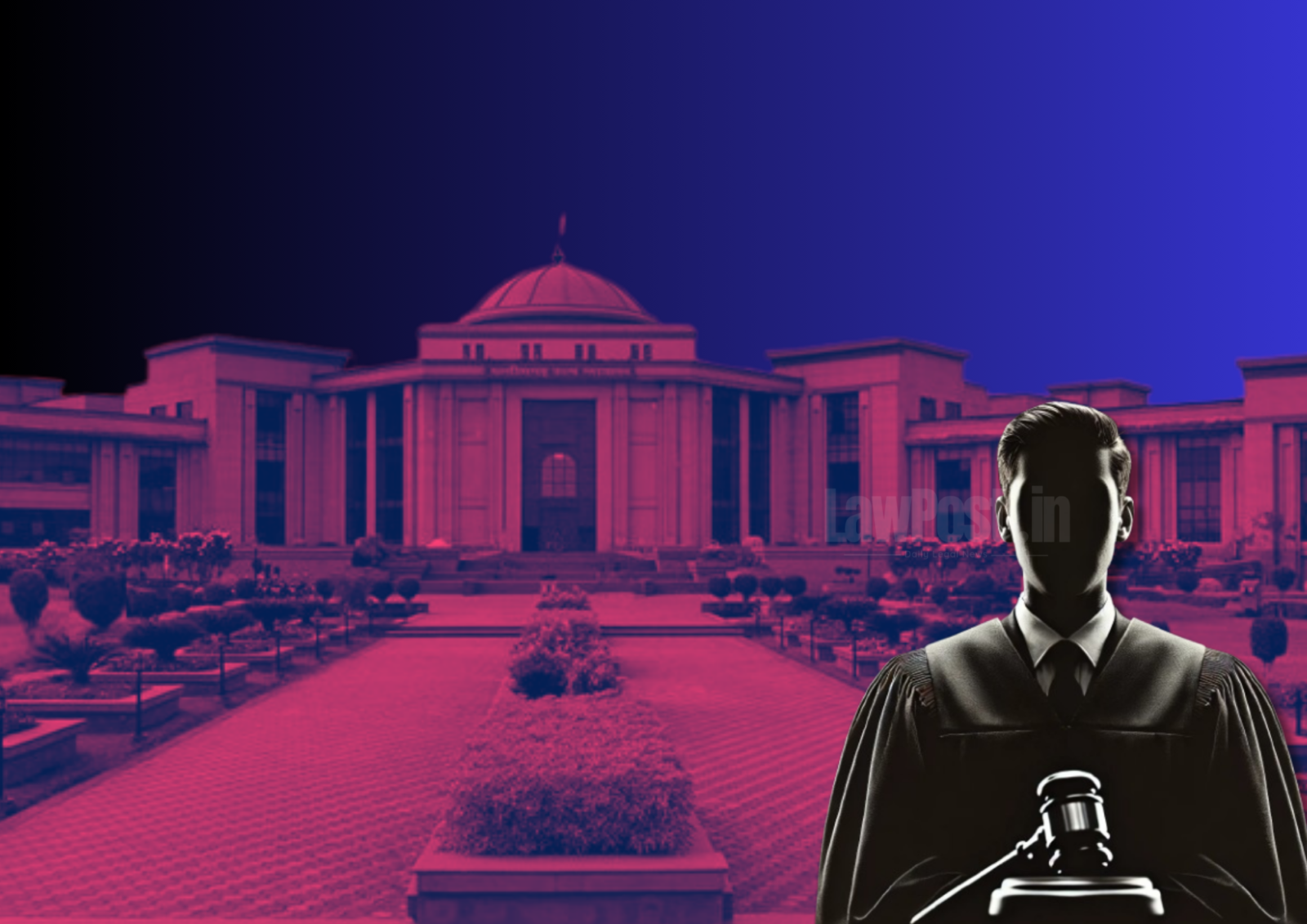The Chhattisgarh High Court recently ruled that engaging in sexual intercourse with a dead body, although a heinous and horrifying act, does not constitute the offence of rape under Section 376 of the Indian Penal Code (IPC) or the Protection of Children from Sexual Offences (POCSO) Act. The judgment was delivered by a Bench comprising Chief Justice Ramesh Sinha and Justice Bibhu Dutta Guru in the case of Neelkanth @ Neelu Nagesh v. State of Chhattisgarh.
The Court observed, “There is no doubt that the offence committed by the accused — raping a dead body — is one of the most horrendous crimes one can think of. But the fact of the matter is that, as on date, the said accused cannot be convicted for the offence punishable under Sections 363, 376(3) of the IPC, Section 6 of the POCSO Act, and Section 3(2)(v) of the Act of 1989 as the victim should be alive for these provisions to apply.”
The case involved two accused, Nitin Yadav and Neelkanth Nagesh, who were charged with kidnapping, raping, and murdering a minor girl. While Yadav was convicted for rape, kidnapping, and murder and sentenced to life imprisonment, Nagesh was found guilty under Sections 201 and 34 of the IPC for causing the disappearance of evidence and was sentenced to seven years’ imprisonment.
The prosecution argued that necrophilia violates the deceased’s dignity, a right protected under Article 21 of the Constitution, which ensures the right to die with dignity and fair treatment of the body posthumously. The trial court, however, acquitted Nagesh of rape charges, a decision challenged in the High Court.
Rejecting the appeal, the High Court stated, “Dignity and fair treatment is not only available to a living person but also to their dead body, and every dead body is entitled to respectful treatment. However, the law as it stands today must be applied to the facts of the case, and none of the offences suggested by the counsel for the objector can be imposed upon the accused.”
The Court emphasized that while necrophilia is a grave violation of human dignity, it does not fit within the legal framework of rape as defined under Indian law.
The High Court thus upheld the acquittal of Nagesh concerning the offence of rape and dismissed the appeal filed by the victim’s mother, stating, “Since we have already concurred with the reasons and findings arrived at by the learned trial Court, we are not inclined to allow the acquittal appeal filed by the mother of the victim, and as such, the same also stands dismissed.”
This case highlights the legal vacuum surrounding necrophilia in India and underscores the need for legislative action to address such heinous acts.








